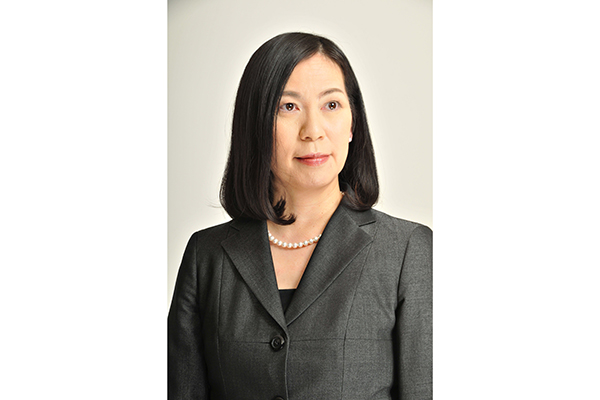Plant biologist Keiko Torii will be joining UT’s molecular bioscience department this coming fall and continuing her research into stomata and how plant cells grow.
Torii is a part of the Howard Hughes Medical Institute Investigator Program, which supports researchers known for their scientific discoveries, and has been studying the development and patterning of stomata. Her research led to the discovery that plants use peptide hormones as signals in order to control their growth and environmental responses. Peptide hormones are chemical signals that affect the endocrine system in humans and animals.
“Until the early 1990s, scientists assumed that plants must not have peptide hormones like animals do,” Torii said in an email. “My discovery was one of the earliest suggesting that plants, like animals, make use of peptide hormones.”
Torii made her discovery while doing postdoctoral work in Japan. After identifying the gene responsible for a plant’s size, she cloned a causal gene and saw how similar it was to an animal hormone receptor.
Molecular biosciences professor Alan Lloyd researches plant biology at UT, specifically developmental mechanisms in plants.
“The ability of plant cells to communicate with each other plays a fundamental role in directing how plants, and all multicellular organisms, develop,” Lloyd said. “The finding that plants use signaling molecules that appear to be common throughout life, from plants to animals, means that basic studies in plants can inform important biology in animals, and vice versa.”
Although she is currently a faculty member at the University of Washington, Torii said Austin’s people and culture. and the faculty in the department of molecular biosciences, make her excited to come to the city.
“I am really excited for the new opportunities UT would bring,” Torii said in an email. “Austonians are exactly those people who embrace the newcomers and new ideas, but at the same time, honor and respect the rich history and tradition of Texas.”
Biology freshman John Cruz said he thinks the fact that experts like Torii are coming to UT is a good thing for the campus as a whole.
“Seeing UT bring in experts in their fields to do research is really beneficial to the climate of the campus,” Cruz said. “As a biology student, I really think it’s beneficial to the College of Natural Sciences just having more people of different expertise to facilitate different subjects inside biology.”





















